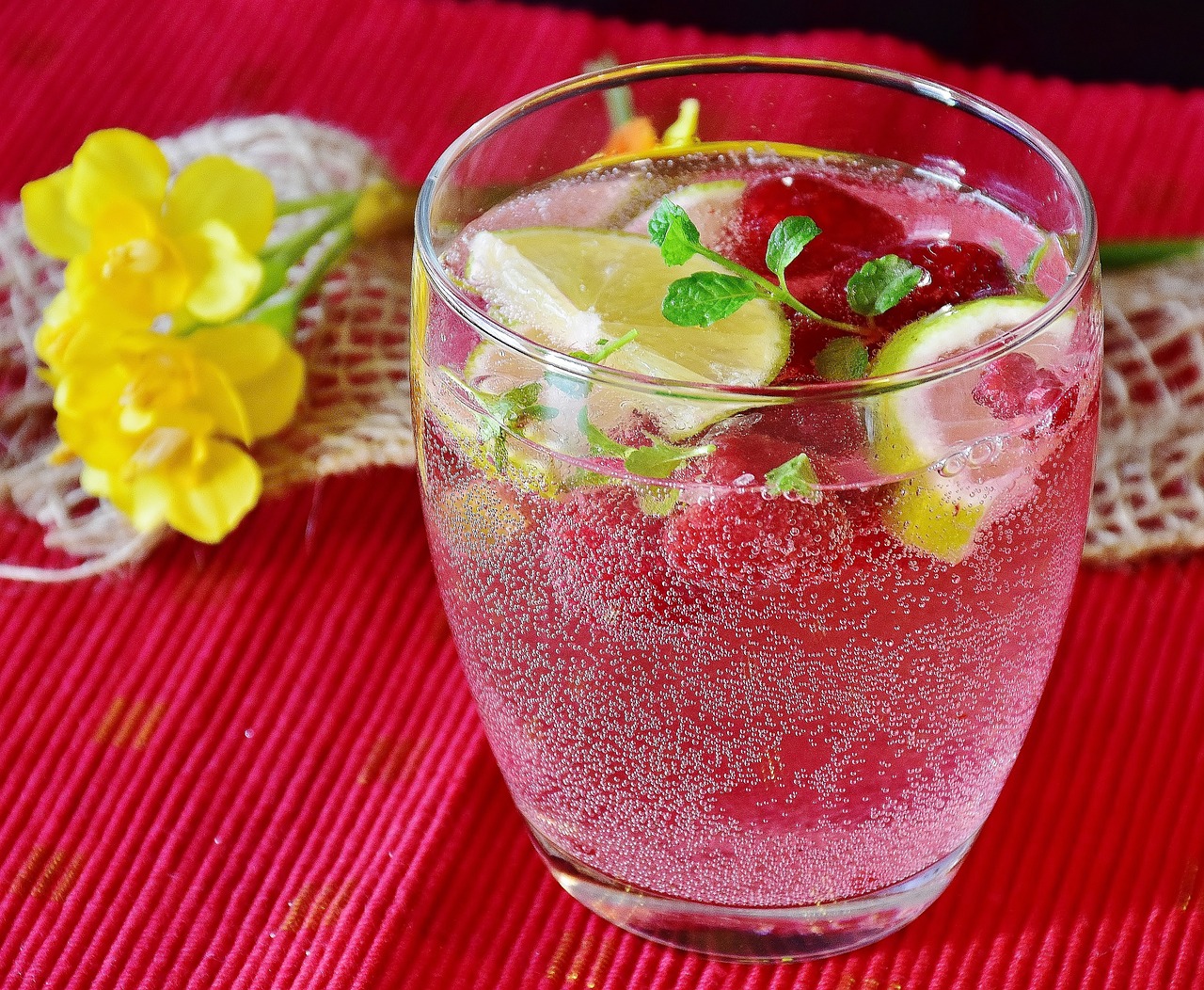
Schorle, a traditional beverage deeply rooted in German culture, combines the simplicity of sparkling water with the rich flavors of fruit juices or wine, offering a refreshing alternative to sugary soft drinks. This versatile and popular drink not only quenches thirst but also reflects an important aspect of German beverage culture. This article delves into the history of Schorle, explores its various types, examines its health benefits, and looks at how this simple yet delicious drink has woven itself into the fabric of German life and beyond.
The History and Origin of Schorle
Schorle’s history dates back several centuries in Germany. It began as a way to make wine more refreshing and palatable, especially during the warmer months. The exact origin is somewhat unclear, but it is widely believed that Schorle was first concocted in wine-producing regions, where locals mixed their wines with sparkling water. This practice not only extended the quantity of the wine but also reduced its alcohol content, making it a suitable drink for various occasions and times of the day.
Varieties of Schorle
Schorle comes in numerous varieties, each offering a unique taste experience. The two main categories are:
- Apfelschorle: The most popular type of Schorle in Germany, Apfelschorle is a mixture of apple juice and sparkling water. It is beloved for its refreshing taste and is a staple in German households and restaurants.
- Weinschorle: This variety mixes wine, usually white or rosé, with sparkling water. It’s a popular choice in wine-growing regions and is often consumed during the warm summer months as a lighter alternative to straight wine.
Besides these, there are endless possibilities, with Schorle being made from a variety of fruit juices like grape, cherry, and pear.
Health Benefits of Schorle
Schorle is not just tasty; it’s also a healthier alternative to many soft drinks. Here’s why:
- Lower in Calories: By diluting fruit juice with sparkling water, the calorie content is significantly reduced.
- Hydration: The high water content in Schorle helps in maintaining hydration, especially during hot weather.
- Reduced Sugar Content: Compared to regular fruit juices and soft drinks, Schorle has a lower sugar content, making it a better choice for those monitoring their sugar intake.
- Natural Ingredients: If made with natural fruit juice and without added sugars, Schorle can be a wholesome and natural beverage option.
Schorle in German Culture
In Germany, Schorle is more than just a drink; it’s a part of daily life. It’s commonly served at restaurants, found in every grocery store, and is a popular choice for all age groups. Schorle’s versatility makes it suitable for various occasions, from casual get-togethers to formal events.
Making Schorle at Home
One of the best things about Schorle is its simplicity. Making it at home is easy:
- Choose Your Juice: Select a high-quality fruit juice, preferably without added sugars.
- Mix with Sparkling Water: Combine the juice with sparkling water. The typical ratio is 1:1, but you can adjust this to suit your taste.
- Serve Chilled: For the best experience, serve your Schorle chilled. You can add ice cubes if desired.
Schorle Around the World
While Schorle is a quintessentially German drink, its popularity has spread. Variants of Schorle can be found in many countries, albeit under different names and with local twists. This global spread highlights the universal appeal of this simple yet satisfying beverage.
Environmental Impact
Interestingly, Schorle also has an environmental angle. As a drink that promotes the use of local fruit juices and requires minimal processing, it can be a more sustainable choice compared to heavily processed and imported soft drinks.
The Future of Schorle
As the world becomes more health-conscious and environmentally aware, Schorle is well-positioned to grow in popularity. Its simple composition, versatility, and health benefits align well with contemporary consumer preferences.
Schorle is more than just a drink; it’s a testament to the idea that sometimes, simplicity is the ultimate sophistication. Whether it’s the classic Apfelschorle or a novel combination, this beverage offers a refreshing and healthier alternative to traditional soft drinks. As it continues to gain popularity beyond Germany’s borders, Schorle stands as a shining example of how traditional beverages can find a place in the modern world.
Related articles:
Favorite German Drinks to Try
The Ultimate Guide to Spritzers
German Wine Guide
